T-Mobile filing tells the FCC why it should approve UScellular deal
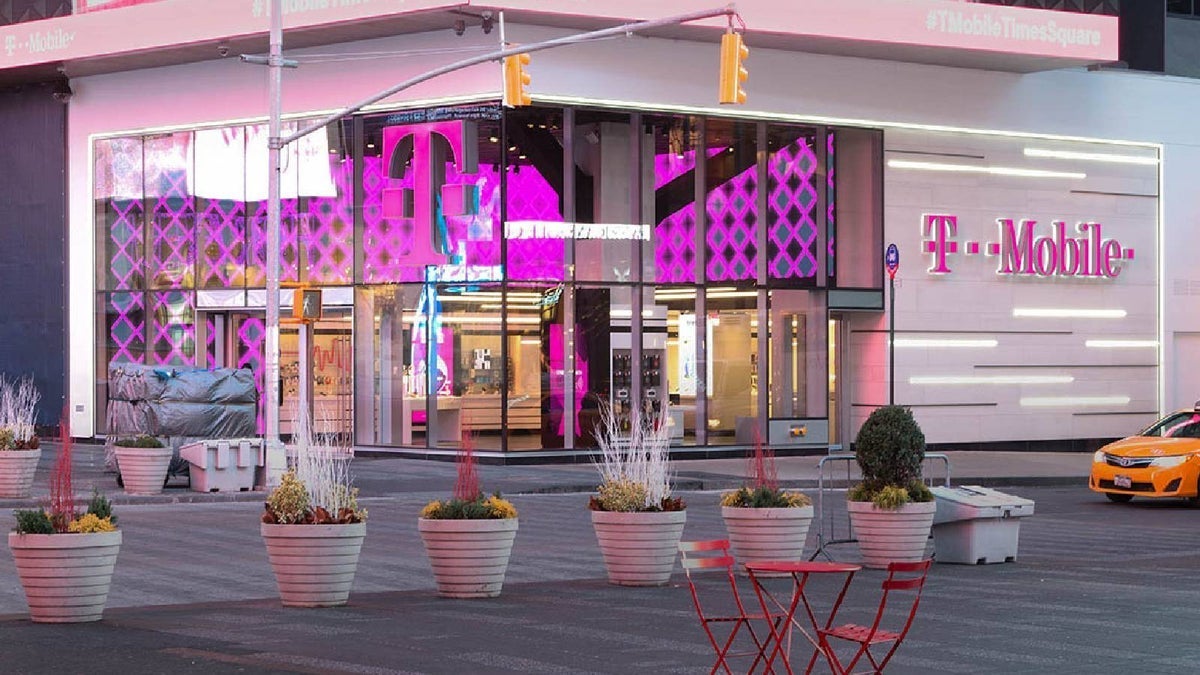
In a redacted document titled, "Description of Transaction, Public Interest Statement, and, Related Demonstrations" dated September 13th, 2024, T-Mobile and UScellular state that they request that the FCC approve "T-Mobile’s acquisition of UScellular’s wireless operations, customers, and approximately 30 percent of its licensed spectrum." Considering that some naysayers are complaining that T-Mobile should not have been allowed to buy Sprint for approximately $26 billion in stock on April 1, 2020, there are customers and analysts who believe that the FCC should put its foot down for sure with this deal.
UScellular customers are told in this document that if the deal gets approval, they will be able to take advantage of increased network capacity, faster speeds, and reduced congestion on the UScellular network. UScellular customers also will have the opportunity to remain on their current UScellular plan or switch to a lower-priced T-Mobile plan. Either way, the customer will have the benefit of using a "world-class" 5G network.
These benefits will be more pronounced for the wireless firms' rural customers as the deal will allow T-Mobile to increase and enhance services for its customers in that area of the country while UScellular's rural customers will also enjoy an improved network experience. T-Mobile makes it sound as though the acquisition of UScellular will be perfect for everyone. "The Transaction’s benefits will be realized while enhancing competition, and there will be no competitive harm," says the document.
Acquiring UScellular will not change T-Mobile's pricing which it says is "generally lower than prices for comparable UScellular plans." T-Mobile says that it determines its national pricing without regard to UScellular. After taking into consideration T-Mobile's upcoming sale of 800MHz spectrum and some of its 3.45GHz spectrum, the purchase of UScellular will not set off the FCC's spectrum screen for T-Mobile or the low-band trigger that would force T-Mobile to make some changes to its spectrum holdings.
For example, the low-band trigger goes off when a carrier owns more than one-third of the available spectrum in a given market. If the trigger goes off after the acquisition, it might force T-Mobile to get rid of some of the airwaves it is acquiring.
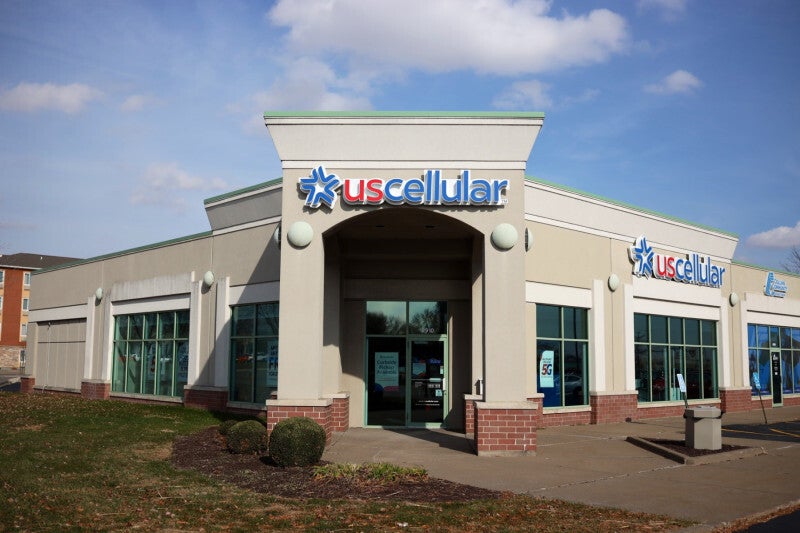
"T-Mobile asks FCC to approve its $4.4 billion purchase of UScellular, expected to close in the second half of this year. | Image credit-UScellular
The document notes that EchoStar and its Boost brand,is a threat to UScellular which T-Mobile says is a reason for the FCC and other regulators to approve the acquisition. T-Mobile lists other reasons such as UScellular's network footprint which covers only 56 people per square mile, which is only half the population density of the contiguous United States (107 people per square mile).
UScellular greatly lags behind AT&T and Verizon in the number of retail handsets by provider although those numbers are redacted in the report. Even worse, UScellular's average cost of service per subscriber is nearly double T-Mobile's numbers while its operating expenses per subscriber per month are over 50 percent higher than those of T-Mobile. This all makes sense considering UScellular's focus on customers who live in rural markets.
T-Mobile and UScellular are expected to deliver to consumers in UScellular's area a superior 5G wireless service compared to what they would receive from competitors AT&T and Verizon. The latter two wireless firms will then have the incentive to try and deliver service that is better than T-Mobile and UScellular's service at the same or lower prices. To do that, the pair will use mid-band spectrum in the C-band to compete with T-Mobile's mid-band airwaves.
This competition is how the U.S. was able to deploy 5G twice as fast as 4G LTE and it all started with T-Mobile's original plan to use the 2.5GHz Mid-band spectrum it acquired from Sprint. And this is how T-Mobile became the early 5G leader in the U.S.
Will the FCC feel that it needs to allow the transaction to go through to save UScellular? We will see when the regulatory agency makes it decision. T-Mobile continues to expand after getting approval to buy Ka’ena, which owns Mint Mobile and Ultra Mobile, for $1.35 billion last April.
Follow us on Google News





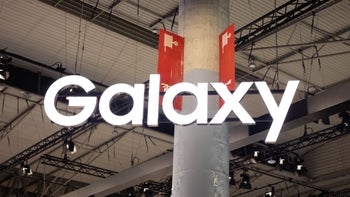
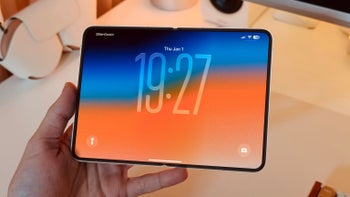
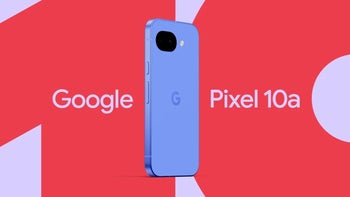
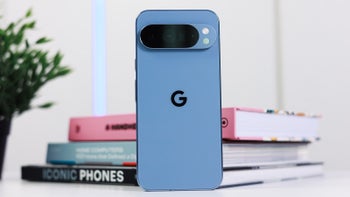
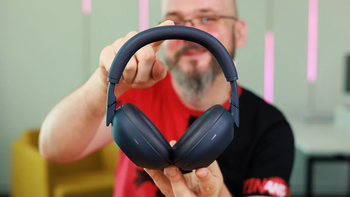
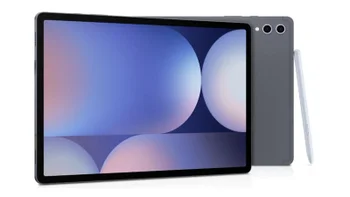
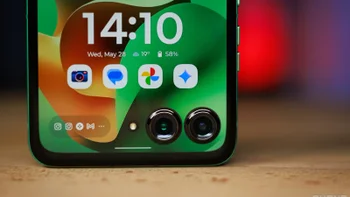
Things that are NOT allowed:
To help keep our community safe and free from spam, we apply temporary limits to newly created accounts: